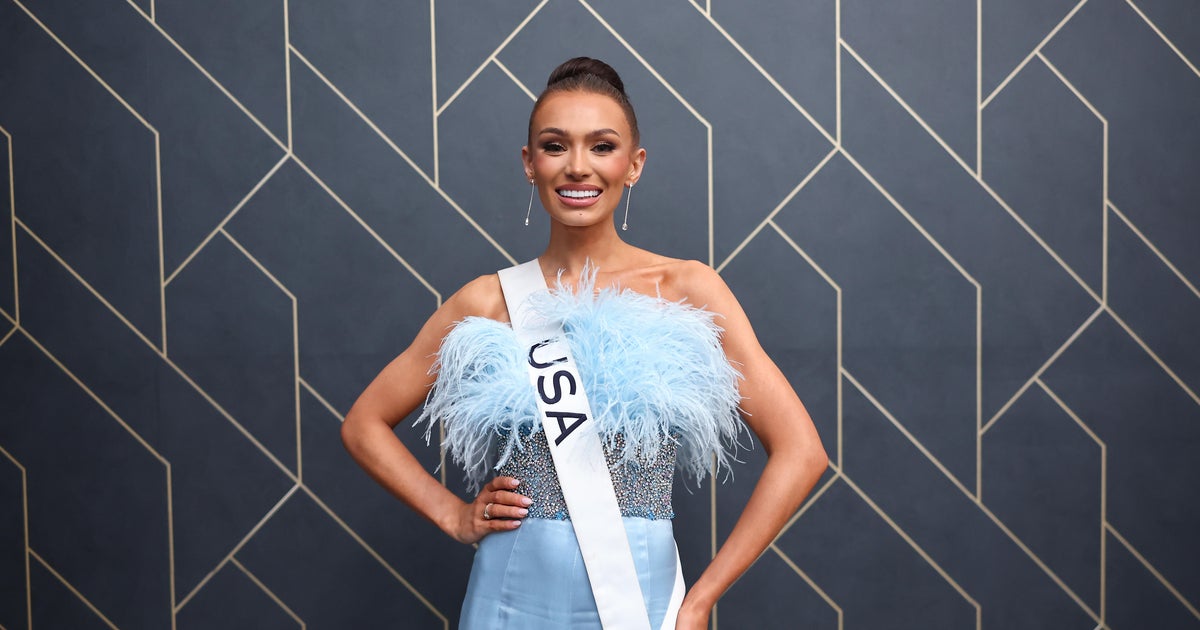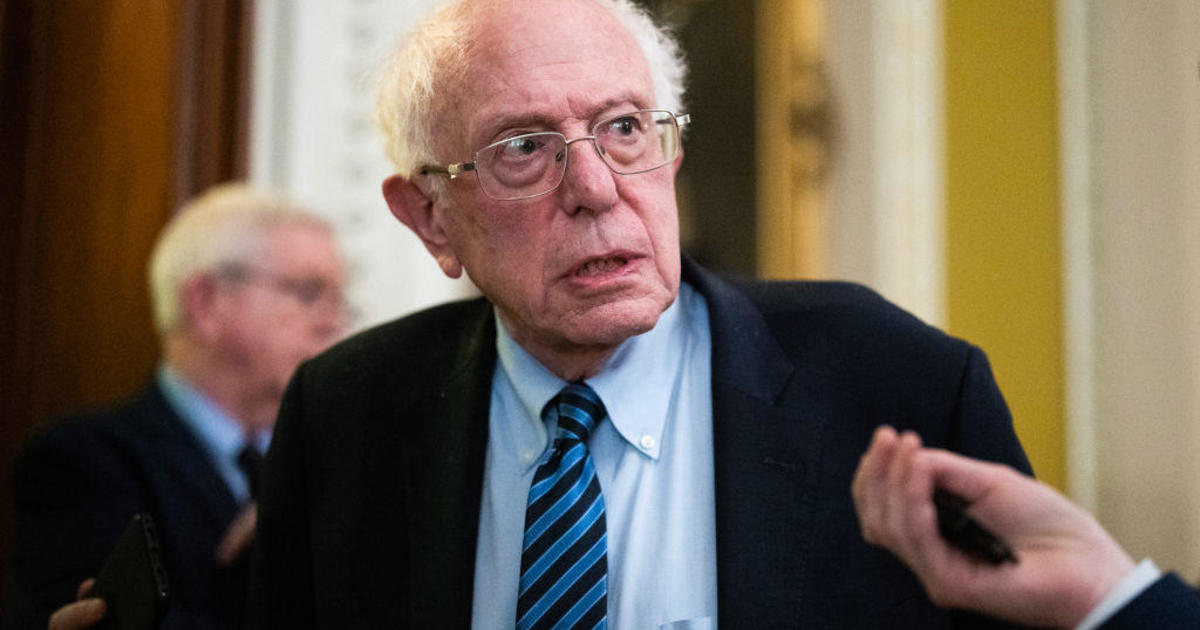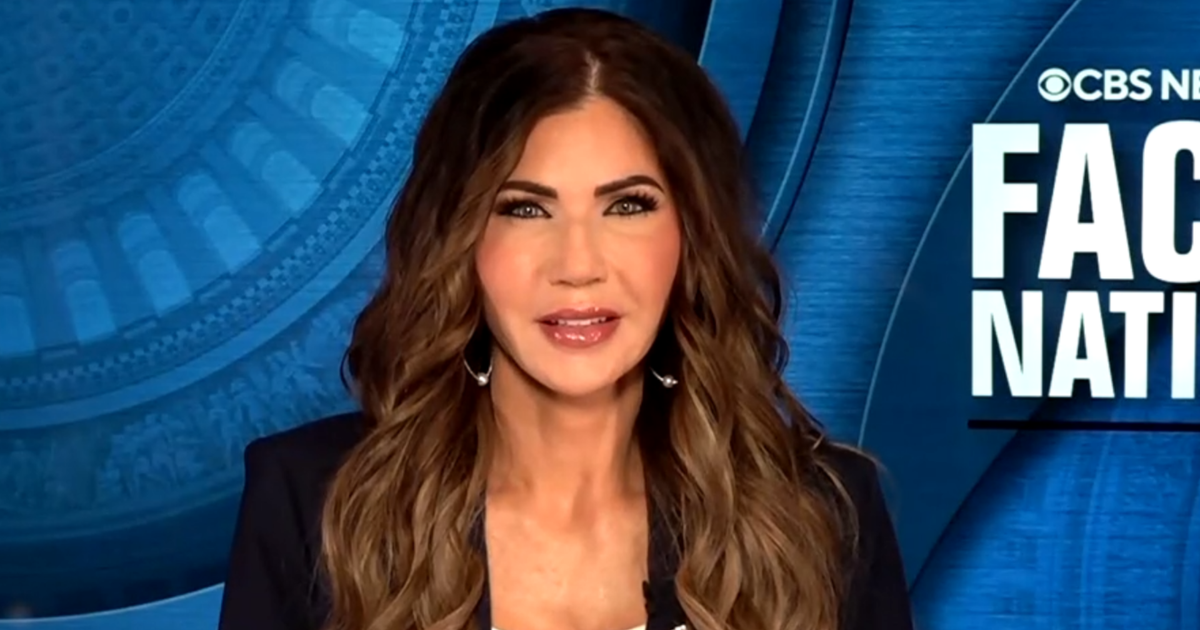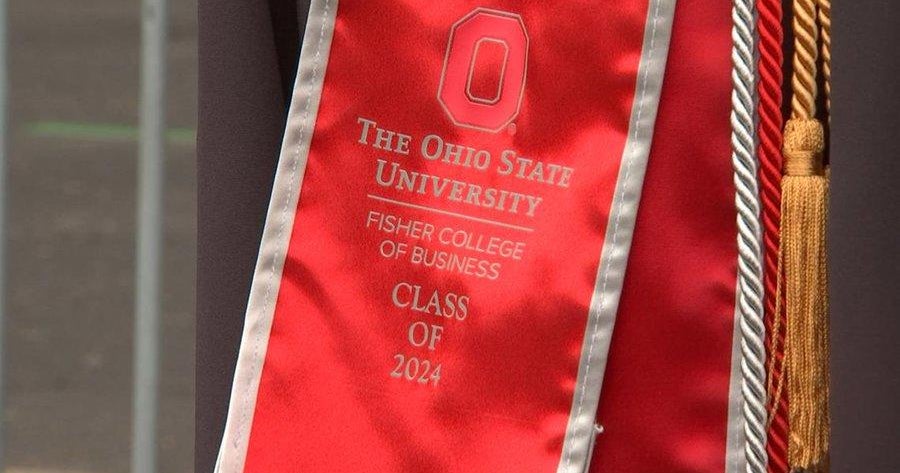What would the world look like #WithoutMom? Emotional campaign raises awareness of "epidemic" killing moms
A new social media campaign is encouraging people to share what they would not have been able to achieve #WithoutMom and vow to fight to never have to imagine a world without her. The campaign is aiming to raise awareness of the high rates of preventable maternal deaths around the world and public figures, including Hillary Clinton and Kerry Washington, are using the hashtag to show their support.
The campaign was announced by The Rockefeller Foundation, days before Mother's Day on May 12, and unveiled at a bipartisan event on Capitol Hill, according to a Tuesday press release.
In addition to the hashtag, the campaign urges supporters to share an emotional video. The video is comprised of clips of celebrities, politicians and others speaking at many defining moments in their lives -- and thanking their mothers.
"I'm an example of what it looks like when support and love is poured into someone," says a tearful Regina King during her Oscar acceptance speech earlier this year. "Thank you to my mother for inspiring me to always speak the truth," said Malala Yousafzai while receiving her Nobel Peace Prize.
The footage gets across one common message: People wouldn't be who they are without their moms having their backs.
While many people rely on their mothers daily, many others never had the chance to. Every day, 830 women die of pregnancy-related causes globally, according to the release. Research has long shown that the U.S. lags behind other developed nations in terms of maternal care, with about 700 U.S. women dying from complications of pregnancy or childbirth each year in America alone. Of those cases, 3 out of 5 are considered preventable.
"An American mom today is 50 percent more likely to die in childbirth than her own mother was," Dr. Neel Shah, a Harvard Medical School obstetrician, told the Associated Press earlier this week.
The numbers are especially bleak for certain groups of women in America. Black and American Indian/Alaska Native women were about three times as likely to die from a pregnancy-related cause as white women, according to new data from the Centers for Disease Control and Prevention.
"The world loses when we lose mothers, yet far too many women in the United States and around the world struggle to receive the care they need before, during, and after birth. It's time to end this injustice – and that starts with prioritizing equity in maternity care," said Dr. Naveen Rao, managing director for health at The Rockefeller Foundation, according to the release. "We need to invest in strong, nimble health systems that protect the health of mothers and their children – and we need to ensure that digital health innovation is used to its full potential to save the lives of the most vulnerable."
The new campaign also encourages people to educate themselves on the issue and donate to key organizations providing maternal health solutions around the world, including Black Mamas Matter Alliance, Every Mother Counts and White Ribbon Alliance.
Many public figures have already shown their support for the cause. Hillary Clinton retweeted the foundation's video Tuesday, writing, "An American mother today is 50 percent more likely to die during childbirth than her own mother. It's time to tackle the crisis of maternal mortality. #WithoutMom"
Georgia politician Stacey Abrams also tweeted the video. "Georgia has the highest maternal mortality rate of any state in the country, and Black mothers are 3-4x more likely to be victims than white mothers," she wrote Tuesday.
Actress Kerry Washington and Planned Parenthood's former head Cecile Richards are among the others who also shared the message.
In addition to the social media campaign, the foundation is making new investments in digital health equity, according to the release. The Foundation has invested over $100 million over the past several years "to help countries achieve universal health coverage to improve the health and wellbeing of the world's most vulnerable – including ending the epidemic of preventable maternal deaths."




